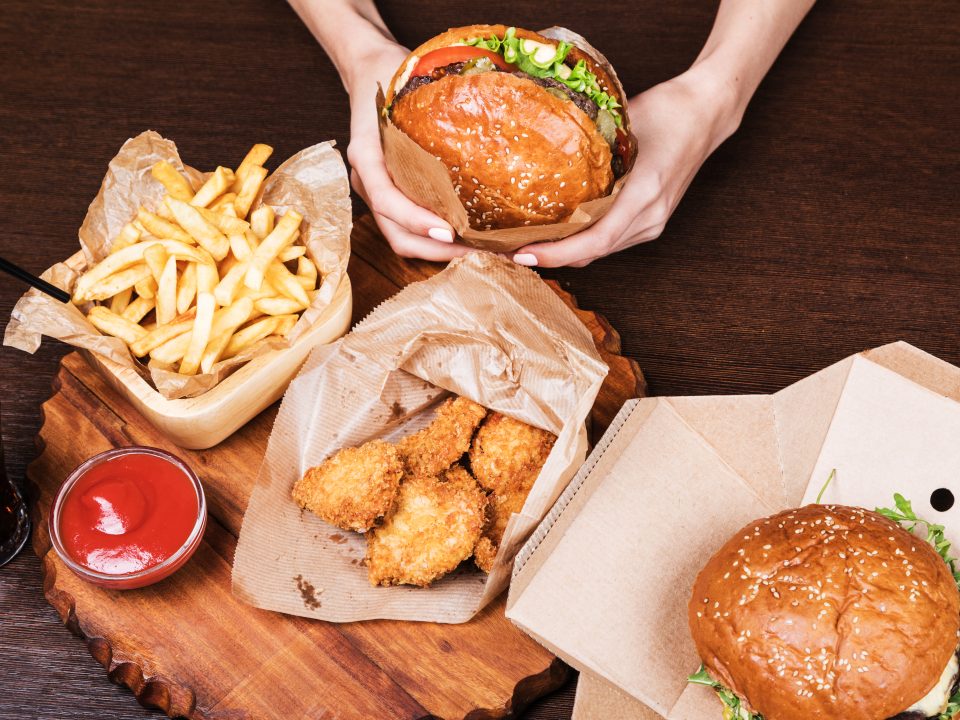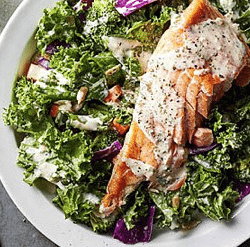When weight loss isn’t the point of losing weight.
July 24, 2016The lazy way to eat healthy
July 25, 2016
As much as we would love to think we are in control of ourselves, a lot of what we do is unconscious, that is- we are running on autopilot. We are learned to look for cues around us that trigger an action, and this is usually based on some sort of positive coming from that action.
So say you leave a cookie jar out on the kitchen bench (cue), when you see it this triggers you to open the jar and grab a cookie (action), which floods your body with sugar and feel good chemicals are released from your brain (positive reward), which further reinforces this cycle for next time. You may not even be hungry. You may look down and realize there’s a cookie in your hand without even remembering getting it out of the jar.
This is actually a very clever thing for our brains to do, we can focus our conscious thought on the important things, while our brain uses the cue-action-reward system to automate things so we don’t have to waste brain power thinking about them. This is why we have our habits, and why it’s hard work to break those habits.
Instead of relying on willpower to break our habits, instead let’s look at the environment around us and figure out what our cues are, and work from there.
Home environment
What foods are at eye level in kitchen, fridge or pantry? Is there a pile of unpaid bills stacked up that makes you feel stressed every time you walk past, and you end up looking for a sugar hit to feel better? Is your exercise gear in plain sight or packed away where you don’t think about it. Notice through the day how you feel, and write down any unhealthy behaviors, then try to work out what the cue was, and replace it with one to trigger a healthy behavior.
Put the junk up on the top shelf and the fruit bowl in plain sight. Keep your water bottle on your desk to remind you to take a sip. Put your walking shoes beside the bed so it’s the first thing you see when you wake up. Set a reminder on your phone to pack a healthy lunch for the next day.
Work environment
Maybe it’s the goodies brought in for morning tea, or walking past a bakery on your way to the post office. Could be the “ping” of an email adding to your growing to do list (stress), or a co-worker asking if you want them to grab you a caramel latte. Some of these cues will be in your control (good luck enforcing a no cake workplace without being ostracized), and some won’t but do what you can to minimize the damage.
Maybe you make a healthy muesli slice to bring in, that you can have a piece of without feeling guilty. What about taking a different route to avoid the bakery? Change your order from a sugar filled coffee to a sugar free peppermint tea. If you can’t change the cue, change your reaction to it- find a healthy replacement rather than trying to say no completely- if we deprive ourselves, we just want it more!
Social environment
Do you always grab takeaway on a Wednesday night with your significant other? Will there be a bowl of chips waiting if you go to a friends place to watch a movie? Do your kids expect a chocolate bar for being good when grocery shopping… and you take the first bite? Are there people who would roll their eyes at your attempts to make healthy changes?
Often we will underestimate how much support we can get from those around us if we just let them in on our plans. Tell your family and friends about the healthy changes you are making! You might find a healthy bowl of air popped popcorn waiting for your movie, or that your partner is fine with swapping to sushi instead of KFC on a Wednesday.
Maybe a promise of a visit to the playground would be an accepted reward for good behavior rather than chocolate, and maybe if you told that eye roller why you want to be healthy (energy levels, health, productivity at work, being around for your kids) they couldn’t criticize you without looking bad themselves.
It’s up to you!
Habits journal
– What was the cue?
– What was the action?
– What was the positive payoff?
– How could I change/remove the cue?
– If I can’t change the cue, what healthy action can I replace the unhealthy action with?




